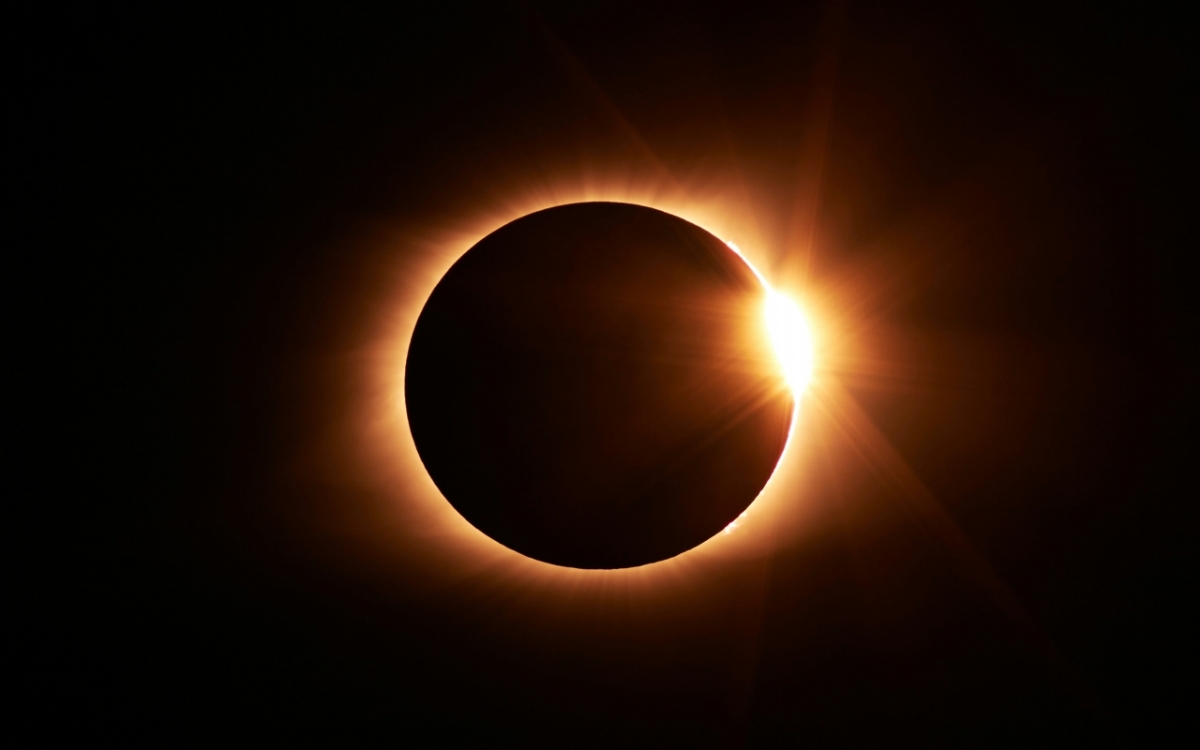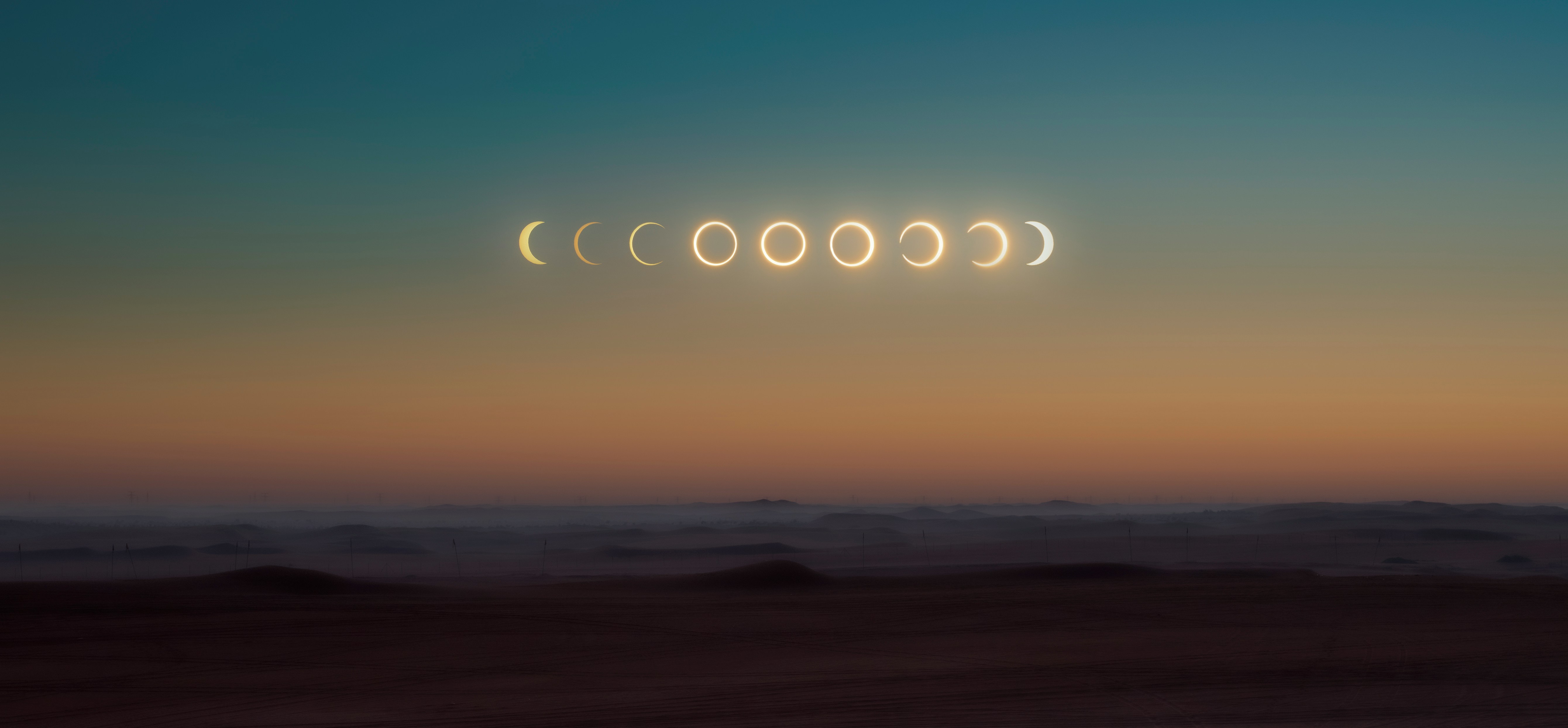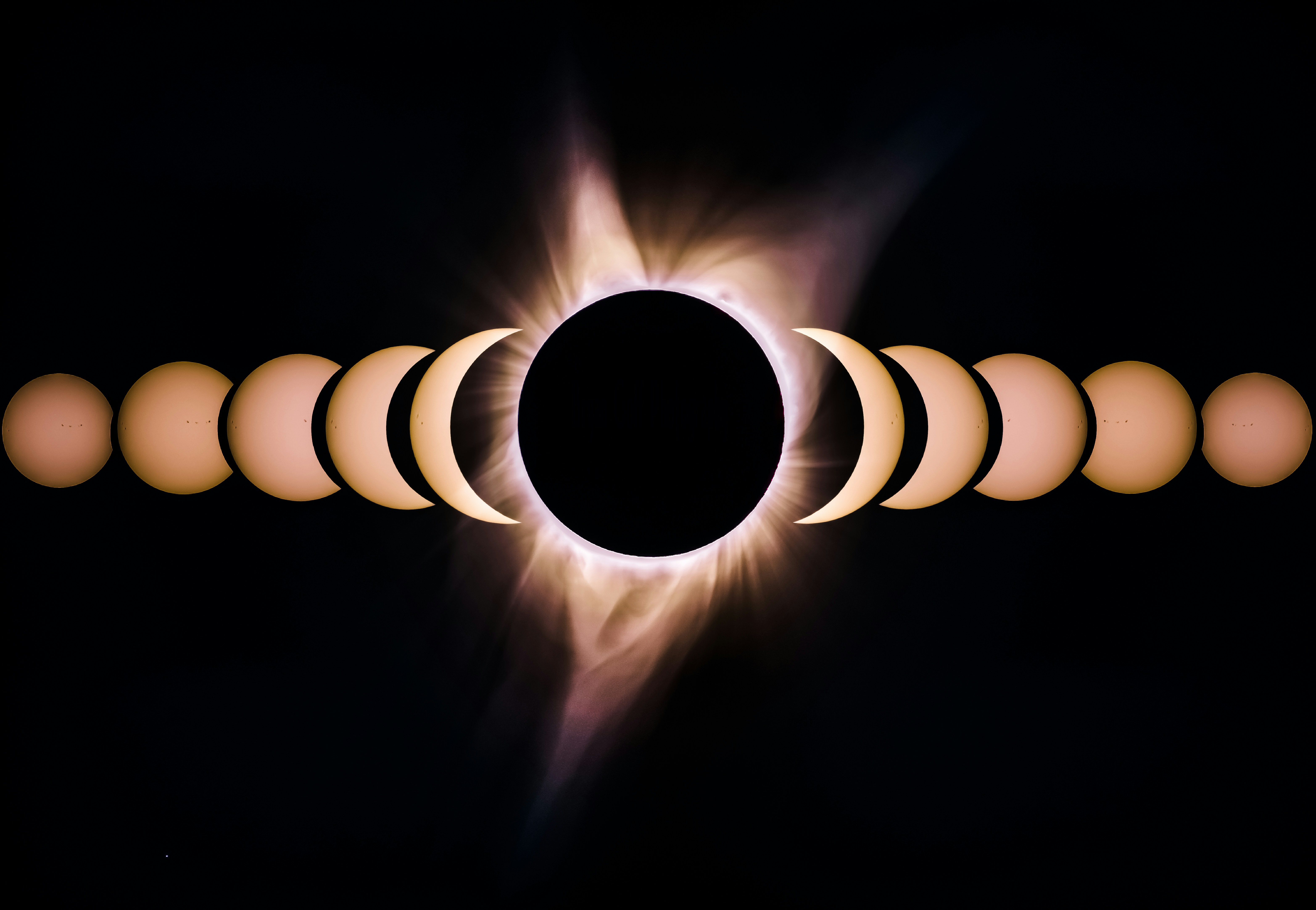How Ancient Civilizations Responded to Solar Eclipses

From Chinese Emperors to William Shakespeare, people throughout history have feared eclipses.
As North America prepares for a total solar eclipse next Monday, the only thing viewers need to worry about is how to protect their eyes while observing the event. But things were not so easy in ancient times, when eclipses often caused panic and bloodshed among those watching from the ground.
Some of the oldest records of these celestial displays come from China and date back more than 4,000 years. Considered prophecies that foretold the fate of emperors, eclipses were serious business in royal circles and often led to some draconian administrative decisions. For example, two court astronomers working under Emperor Chung K'ang were reportedly beheaded in the 22nd century BC for failing to predict an eclipse. 
In ancient China, it was thought among the common people that eclipses were caused by a dragon eating the sun - hence the word "shi", which also means "to eat", was used to describe eclipses. People would therefore react to these events by beating drums and making loud noises in the hope of scaring the dragon away and saving the daylight.
Like the Chinese, the ancient Greeks were quite adept at predicting eclipses, but they still lost their minds when these solar events occurred. According to some sources, rulers and monarchs hid during eclipses, fearing the wrath of the gods, and some even placed a commoner on the throne to ensure that the heavens punished the wrong person.
Alexander the Great is said to have practiced this strategy when a series of partial eclipses were predicted in 323 BC, but the gods were clearly not deceived as Alexander died that year.
In the Americas, the ancient Maya had a highly advanced understanding of celestial cycles and were able to predict eclipses using a series of almanacs and charts recorded in the famous Dresden Codex. Despite this astronomical prowess, however, the Maya still interpreted solar eclipses as the sun being "broken", prompting rulers to engage in bloodletting rituals to restore the sun to full health and rectify the situation. 
The Aztecs, meanwhile, believed that the sun had been defeated and were thrown into turmoil when eclipses occurred. The Spanish missionary Fray Bernardino de Sahagún, describing the general reaction to a total eclipse in 1596 AD, wrote that people became hysterical, sacrificing anyone they could find with fair skin or light hair, hoping that this would prevent demons from descending from the sky and devouring everyone.
Around the same time, William Shakespeare had the opportunity to observe a total solar eclipse in the English sky (on March 7, 1598 to be exact). A few years later, he wrote his famous play King Lear, which includes this line: "These late eclipses of the Sun and Moon mean nothing good for us", indicating that even the Bard was afraid to see the Sun disappear for a short time.
Thanks for reading.




































